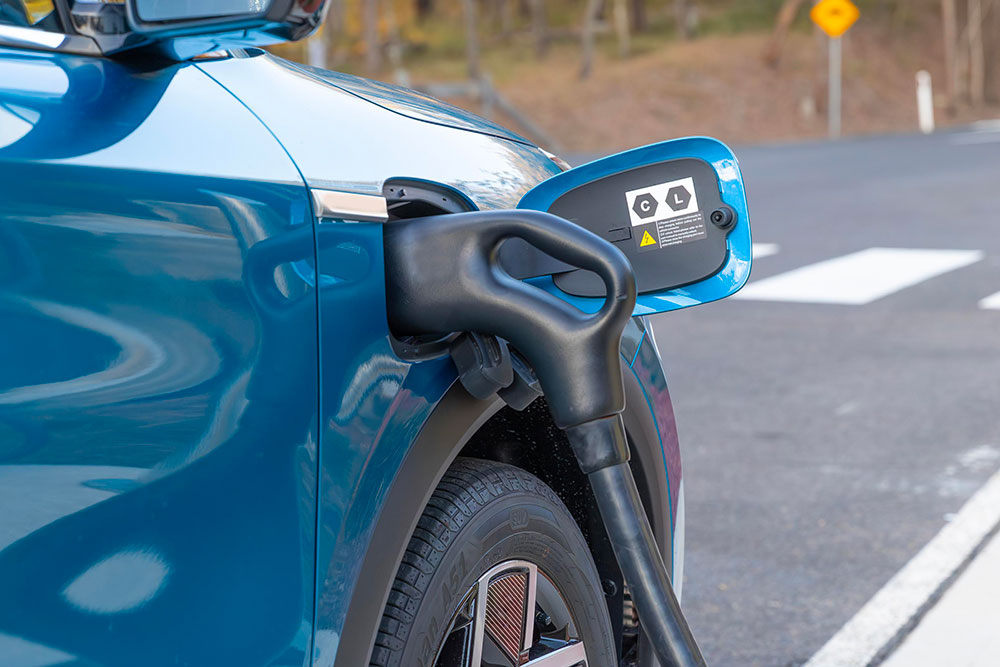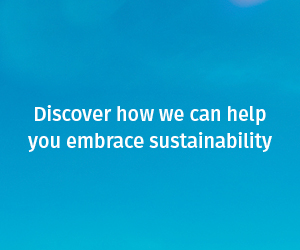EV charging habits sudied
University of Queensland research will investigate if the charging habits of EV owners could lower the cost of reaching Australia’s climate targets.

A University of Queensland (UQ) researcher is envisioning new ways of aiding Australia’s transition to renewable energy.
Dr Andrea La Nauze, an environmental economist from UQ’s Australian Institute for Business and Economics, is investigating what leads people to invest in technologies that benefit the environment.
The program will investigate if incentives would encourage EV owners to change their charging habits.
Participants in the program will receive “monetary incentives” to charge their electric vehicle during the day when there was less demand on the electricity grid.
They will also be offered access to software that will automatically charge vehicles at times when the grid has abundant renewable energy.
“We expect to find this will be a valuable tool for EV owners, helping them use electricity when it’s cheapest,” Dr La Nauze said.
“EVs powered by renewable energy help to lower emissions from transportation, but they can also help support grid security as we transition to renewables by using electricity at times when we have an excess.”
Charging at peak times of solar energy production will reduce strain on the grid and prove cheaper for current and prospective EV owners.
“This study is all about seeing if we can encourage electric vehicle owners to charge their vehicles at a time that's beneficial for the grid and ultimately beneficial for all electricity consumers,” Dr La Nauze said.
“I believe Australia can achieve an affordable, more equitable and sustainable energy system by being smart and using the combination of technology and incentives.”
If you own an EV and are interested in taking part in the research project, you can register your interest here.
STORY COURTNEY SMITH
Related topics
Things to note
The information in this article has been prepared for general information purposes only and is not intended as legal advice or specific advice to any particular person. Any advice contained in the document is general advice, not intended as legal advice or professional advice and does not take into account any person’s particular circumstances. Before acting on anything based on this advice you should consider its appropriateness to you, having regard to your objectives and needs.
Insurance Products (excluding Travel Insurance) are issued by RACQ Insurance Limited ABN 50 009 704 152 (RACQI) and arranged by RACQ Distribution Services Pty Ltd (RDS) ABN 35 116 361 650, AFSL 567130 and RDS' authorised representatives (including RACQ Operations Pty Ltd ABN 80 009 663 414, AR No. 234978 (RACQO)). Conditions, limits and exclusions apply.
Any advice provided by RDS and RACQO is general advice only and does not take into account your personal objectives, financial situation or needs and you will need to consider whether the advice is appropriate for you. Read the Product Disclosure Statement (PDS) before making a purchase decision on the product. You can also access our Target Market Determinations on this website.
RDS receives a commission from RACQI for the policies it arranges. RACQO receives fees paid for services it provides to RDS. Further details about remuneration are available on request prior to purchasing.
Banking and loan products issued by Members Banking Group Limited ABN 83 087 651 054 AFSL/Australian credit licence 241195 trading as RACQ Bank. Terms, conditions, fees, charges and lending policies apply. This is general advice only and may not be right for you. This information does not take your personal objectives, circumstances or needs into account. Read the disclosure documents for your selected product or service, including the Financial Services Guide and the Terms and Conditions, and consider if appropriate for you before deciding.
Except for RACQ Bank, any RACQ entity referred to on this page is not an authorised deposit-taking institution for the purposes of the Banking Act 1959 (Cth). That entity’s obligations do not represent deposits or other liabilities of RACQ Bank. RACQ Bank does not guarantee or otherwise provide assurance in respect of the obligations of that entity, unless noted otherwise.
RACQ Bank subscribes to the Customer Owned Banking Code of Practice which establishes higher standards than the law requires. The Code reflects modern consumer expectations and developments in approaches to issues such as consumer vulnerability, guarantors, and supporting customers through financial hardship. Please read our Customer Owned Banking Code of Practice page for more information.
RACQ Operations Pty Ltd (ABN 80 009 663 414 AR 000234978) and Members Travel Group Pty Ltd (ABN 45 144 538 803 AR 000432492) are acting as an Authorised Representative of the issuer of the insurance, Tokio Marine & Nichido Fire Insurance Co., Ltd. (ABN 80 000 438 291 AFSL 246 548). Any advice set out above is general in nature only, and does not take into account your objectives, financial situation or needs. Before purchasing any travel products, please consider the RACQ Travel Insurance Product Disclosure Statement (PDS) and the Target Market Determinations (TMDs) that apply to these products. Whilst the PDS outlines the Terms and Conditions of these products, the TMDs outline the intended class of customers that comprise the target market for these travel products. This will allow you to consider which products best suit your objectives, financial situation and needs and consider the products appropriateness to your personal circumstances. TMDs also outline matters involving the distribution and the review of these products. The PDS, Supplementary PDS and TMDs for each travel product can be found here.

